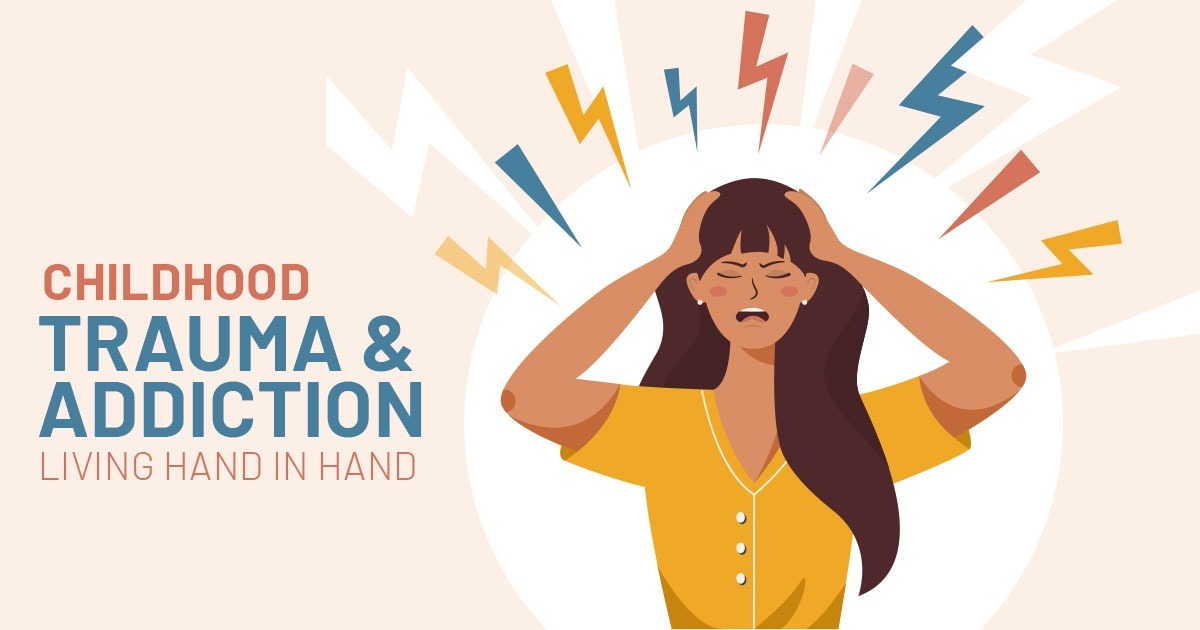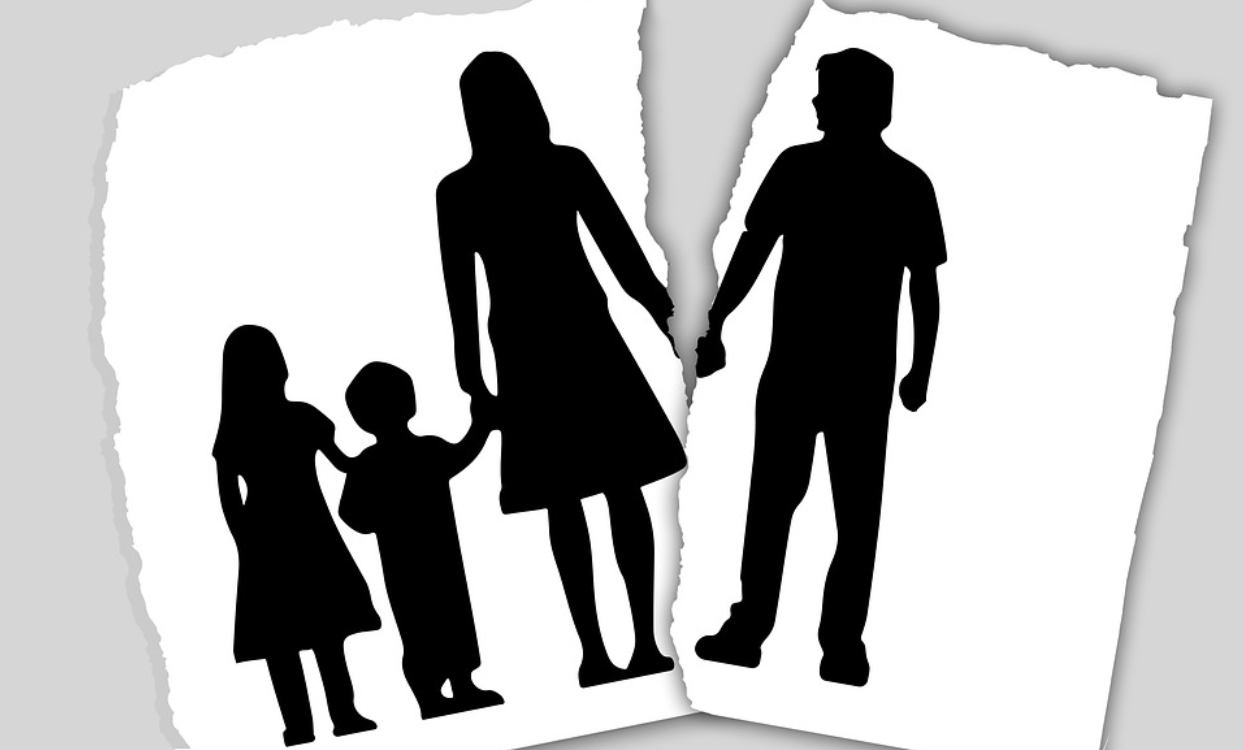
The vast majority of women with a substance use disorder have a history of childhood trauma, unfortunately, and exposure to traumatic experiences. Childhood trauma can take different forms. For example, both physical abuse and sexual abuse are examples, but so are things like neglect. Understanding the impacts of childhood trauma on current addiction in women is something we work hard to prioritize in our programs.
Without taking a trauma-informed approach, we don’t feel like you’re genuinely getting effective, evidence-based care.
We also find that the way we talk about addiction in women as society tends not to take trauma into account. Traditional addiction treatment doesn’t consider the differences in how men and women process and cope with trauma either, creating a void for women in their care.
One specific example is a borderline personality disorder. We often see women diagnosed with this mental health condition but with no understanding of the context of their past trauma exposure. Women are much more likely to be diagnosed with borderline personality disorder than men, yet the symptoms could relate to processing different types of childhood traumas.
What Is Trauma?
Traumatic exposures and events have the potential to shape who we will all become. You can experience trauma in childhood or adulthood. Regardless, this exposure can change how you see not just the world around you but also yourself. The effects of childhood trauma can be far-reaching.
Examples of types of trauma include:
- Physical abuse, assault, or violence
- Sexual assault
- Rape
- Domestic violence
- Community violence
- Verbal or emotional abuse
- Neglect by parents or caretakers
- Bullying
- Natural disasters
- Accidents
- Terminal illnesses
This list certainly isn’t exhaustive because when you survive anything where you feel your life is in danger or experience extreme distress, it can lead to a trauma response and post-traumatic stress disorder.
Signs of having traumatic adverse childhood experiences and trauma symptoms include:
- Dramatic shifts in mood
- Erratic behaviors
- Excessive emotional displays
- Having an anxiety disorder
- High levels of nervousness
- Irritability and agitation that’s more or less constant
- A lack of confidence
- Developing eating disorders
- Avoiding things that remind you of the trauma
- Reliving the traumatic event
- Problems relating to others
- Issues with interpersonal relationships
- Suicidal ideation
When you experience trauma, particularly in childhood, since who you are is being shaped during this time, it puts you at a very high risk of developing an addiction to drugs or alcohol.
Trauma exposure in childhood can create long-term mental health issues such as posttraumatic stress disorder and anxiety. When dealing with untreated mental illnesses stemming from traumatic memories, you’re more likely to self-medicate with drugs and alcohol.
The Relationship Between Childhood Trauma and Addiction
Your brain is incredibly adaptive. There’s a term, plasticity, used to talk more about this. Essentially, your brain can respond to any situation that you experience in your daily life. The plasticity of your brain helps you learn new things and form memories.
- Each thing that you’re doing, whether that’s something good or bad, leads to the growth of your brain neurons, as well as changes.
- However, those neural connections can break as well, if that’s what’s needed.
- Your brain rewires itself to make sure you continue functioning in whatever way is necessary.
- This plasticity can be a great thing if you’re, for example, beginning to meditate. Neural plasticity can help your brain rewire itself through meditation so you can tackle depression and anxiety.
- The problem can occur when you experience mistreatment or trauma.
- Your experiences, especially early on in your life when your brain is developing, change your brain’s structure.
- Abnormalities arise from your experiences when they’re negative, and those abnormalities affect behavior and cognition for trauma survivors.
One specific example of these adverse effects is the impact of stress hormones on brain development. Stress hormones like cortisol interfere with normal brain development in children with chronically high levels. Children facing exposure to violence without a safe space are likely to have ongoing stress that rarely if ever dissipates.
- Around two-thirds of all people with addictions experience trauma exposure in their childhood, so it’s not a rare situation.
- According to the National Institutes of Health (NIH), more than a third of adolescents experiencing abuse or neglect will have a diagnosable substance use disorder before reaching their 18th birthday.
- Around 55 to 60% of people with PTSD end up developing a chemical dependency.

Women and Trauma
Women are twice as likely as men to develop PTSD. When women have PTSD, they often have a longer duration of symptoms. Research shows women with PTSD are more sensitive to things reminding them of the trauma. They are at greater risk of adverse effects related to mental health outcomes.
Women who have untreated trauma tend to experience mental health disorders such as higher rates of depression and anxiety and more physical symptoms. These physical symptoms can include sexual dysfunction, migraines, gastrointestinal issues, and other chronic health conditions.
Health care providers often struggle to diagnose PTSD due to varying factors like a lack of time and training.
Trauma-Informed Care
The startling reality of the prevalence of childhood trauma in people and especially women with substance use disorders brings us back to the concept of trauma-informed care. Substance abuse counselors should understand the high levels of co-dependence between substance use and trauma histories to provide practical, evidence-based care.
There are quite a few different approaches to trauma-informed care. There are also differences in treating the psychological symptoms of trauma and treating the trauma experience. Treating the trauma experience is more in-depth and complex, requiring specialized training on the part of the clinician. In traditional programs, the focus is on treating psychiatric symptoms rather than the underlying causes.
Research and observation show that women who learn about the impact of trauma on their mental and physical health, self-esteem, and emotions tend to see more beneficial outcomes.
The following are some of the critical elements of trauma-informed care and therapy for childhood trauma:
- The underlying concept of trauma-informed care is understanding how the brain responds to childhood trauma exposure or adult trauma exposure.
- Clinicians pay attention to the central nervous system, biological effects, and specifically the automatic nervous system to delve more into the impact of trauma.
- Trauma-informed care should help women understand their symptoms but from an approach of their strengths.
- We have to be careful about re-traumatizing our patients.
- Central to all trauma-informed care, especially in addiction treatment, is the importance of hope for recovery.
Our goal with our trauma-informed care approach is to be empowering and positive. We also want to make sure that our patients never feel rushed through their program because it takes time to work through underlying trauma. Many women don’t understand the links of their trauma to their substance abuse, and instead, they feel shame or as if they’ve personally failed, which isn’t the reality at all.
Often we see women who don’t even know what they’ve gone through is traumatic. They see their situations as normal because that’s all they know.
Final Thoughts
If you’re searching for a “childhood trauma therapist near me” or something similar, you may already have an understanding of the role trauma plays in your life and your substance use. You might also be at a different point in your journey, where you haven’t fully gained an understanding of those effects.
Regardless of where you are, we can help you get where you want to be with childhood trauma recovery.
Our team is trained and experienced with trauma-informed care. We work with you to help you understand the impact of your childhood trauma, but from a place of hope and empowerment for your recovery. Please reach out to the team at Anchored Tides Recovery by calling 866-600-7709 to learn more.



























